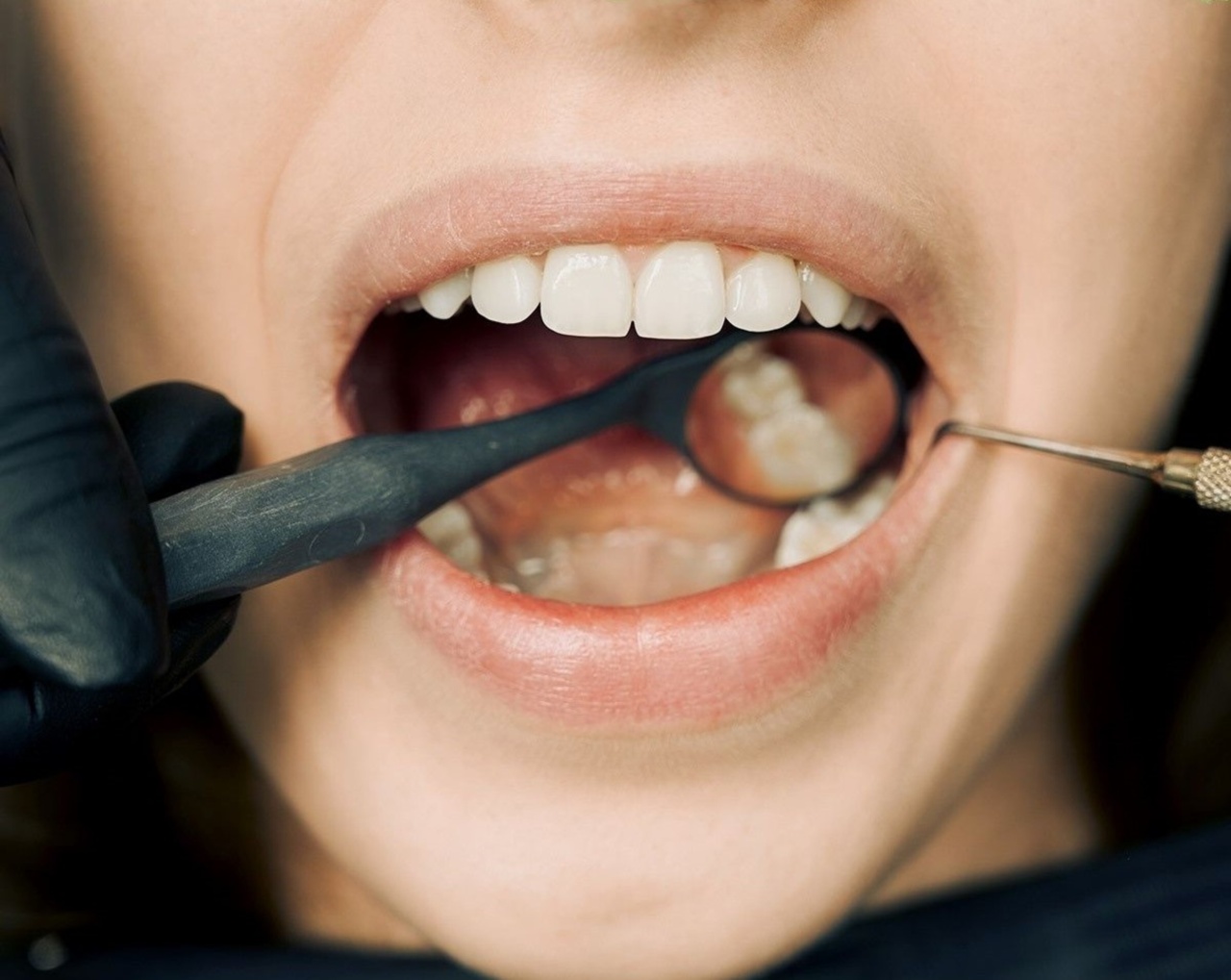Dental hygiene is an essential part of our overall health, yet many of us tend to take it lightly. Insufficient attention to our dental hygiene can lead to various dental and oral health issues, such as bad breath, gum disease, and tooth decay.
In this article, we will discuss the basics of dental hygiene and provide tips to help you maintain good oral health.
What is Dental Hygiene?
Dental hygiene refers to the practice of maintaining the cleanliness of our mouth, teeth, and gums to prevent dental and oral health issues.
The primary goal of dental hygiene is to keep our mouth free of harmful bacteria that can lead to tooth decay and gum disease.
Why is Dental Hygiene Important?
Good dental hygiene is critical for multiple reasons:.
- Prevention of Tooth Decay: By keeping our mouth clean, we can prevent the accumulation of plaque and tartar, which are the primary causes of tooth decay.
- Prevention of Gum Disease: Plaque and tartar can also lead to gum disease, which can cause bleeding gums, bad breath, and even tooth loss.
- Fresher Breath: Bad breath is usually caused by the accumulation of bacteria in our mouth. By maintaining good dental hygiene, we can eliminate the bacteria and keep our breath fresh.
- Early Detection of Dental Issues: Regular dental checkups and cleanings can help detect dental issues in their early stages, making them easier to treat.
Basics of Dental Hygiene
The following are the basics of dental hygiene:.
Brushing
Brushing your teeth regularly is crucial to maintaining good dental hygiene. Brush your teeth twice a day, for two minutes each time. Use a toothbrush and toothpaste that are recommended by your dentist.
Make sure to brush all the surfaces of your teeth and brush your tongue as well. Replace your toothbrush every three months.
Flossing
Flossing is an essential part of dental hygiene, yet many people tend to skip it. Floss your teeth at least once a day. Use a flossing thread or tape to clean between your teeth and under your gum line.
Flossing removes plaque and food particles that your toothbrush cannot reach.
Mouthwash
Mouthwash can help kill bacteria in your mouth and freshen your breath. Use a mouthwash that contains fluoride and is recommended by your dentist. Swish the mouthwash in your mouth for 30 seconds after brushing and flossing.
Dental Checkups
Regular dental checkups and cleanings are critical to maintaining good dental hygiene. Visit your dentist every six months for a checkup and cleaning. Your dentist can detect dental issues in their early stages and treat them before they worsen.
Dental Treatments
Your dentist may recommend dental treatments to address specific dental issues. Treatments such as dental fillings, root canals, and extractions can help preserve your teeth and prevent further damage.
Tips to Maintain Good Dental Hygiene
Here are some tips to help you maintain good dental hygiene:.
- Reduce your consumption of sugary and acidic foods and drinks.
- Drink plenty of water to keep your mouth hydrated.
- Avoid smoking and chewing tobacco, which can cause gum disease and tooth loss.
- Chew sugar-free gum to stimulate saliva production, which can help neutralize acid in your mouth.
- Use a mouthguard if you participate in contact sports or grind your teeth at night.
Conclusion
Dental hygiene is a crucial aspect of our overall health. By brushing, flossing, and visiting our dentist regularly, we can prevent dental and oral health issues, keep our breath fresh, and maintain a beautiful smile.
Follow the tips mentioned above to maintain good dental hygiene and enjoy a healthy smile for life.





























